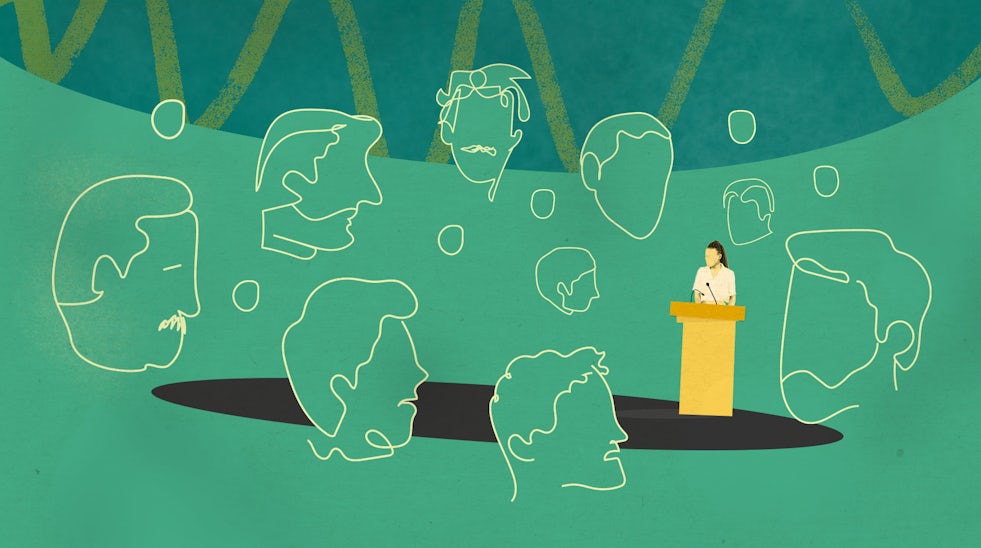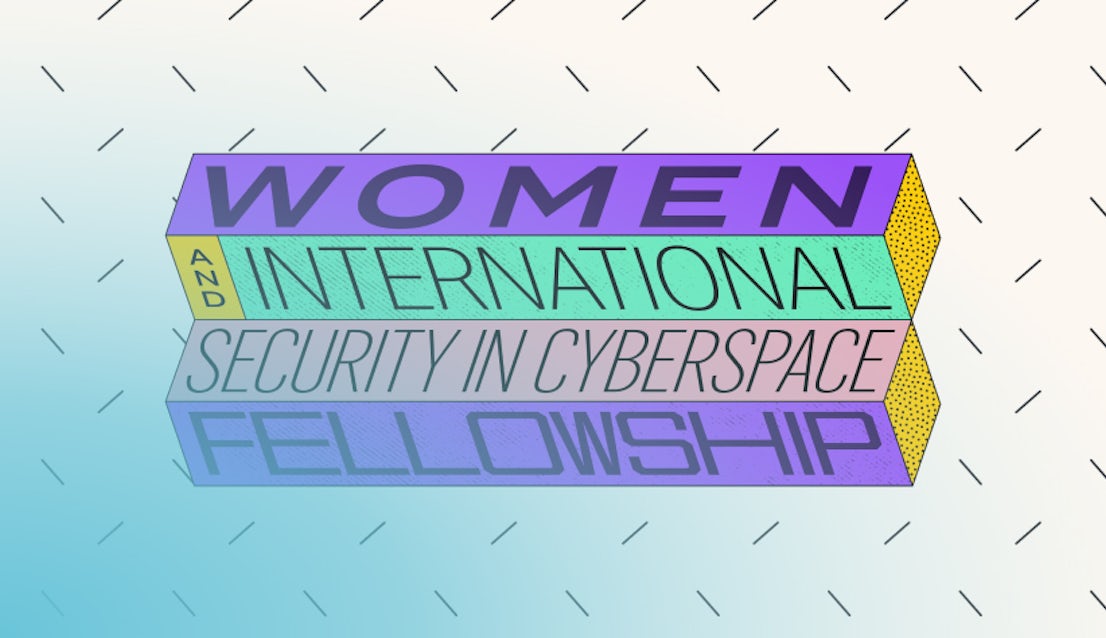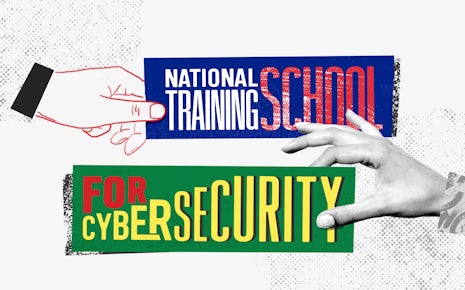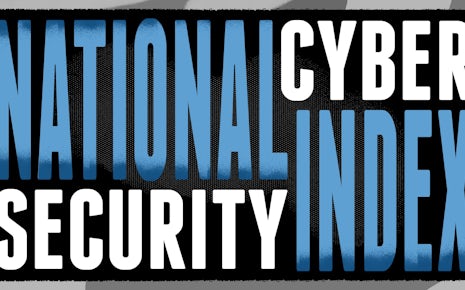The challenge

As recognised by the Women, Peace and Security agenda, women are differently and uniquely affected by conflict and threats to international peace and security. In addition, they bring unique perspectives and contributions to international negotiations, conflict resolution and peacebuilding activities.
However, women are still underrepresented on multilateral fora that deal with international security. As the 2019 report by the United Nations Institute for Disarmament Affairs (UNIDIR), Still Behind the Curve, shows, the UN First Committee – responsible for arms control, non-proliferation and disarmament – has the lowest proportion of women diplomats of any of the UN General Assembly’s Main Committees.
Multilateral discussions on international security issues related to responsible state behaviour in cyberspace are no exception. And the gender gap in discussions such as those of the UN Group of Governmental Experts (UN GGE) or the UN Open-Ended Working Group (OEWG) on the use of ICTs in the context of international security undermines the effectiveness and legitimacy of the outcomes of these processes.
Women are discriminated against also in day-to-day use of the Internet. Although the number of Internet users grew on average by 10% every year from 2005 to 2019, the proportion of women using the Internet globally is 48%, compared to 58% of men. In relative terms, the global Internet user gap is 17% and although the digital gender gap decreased in Europe in the period 2013–2019, it increased significantly in the Americas, Asia-Pacific, Arab states, Africa and developing countries. Worldwide, the user gender gap has increased from 11% to 17% in the past six years. Furthermore, women represent less than 25% of the cybersecurity workforce.




